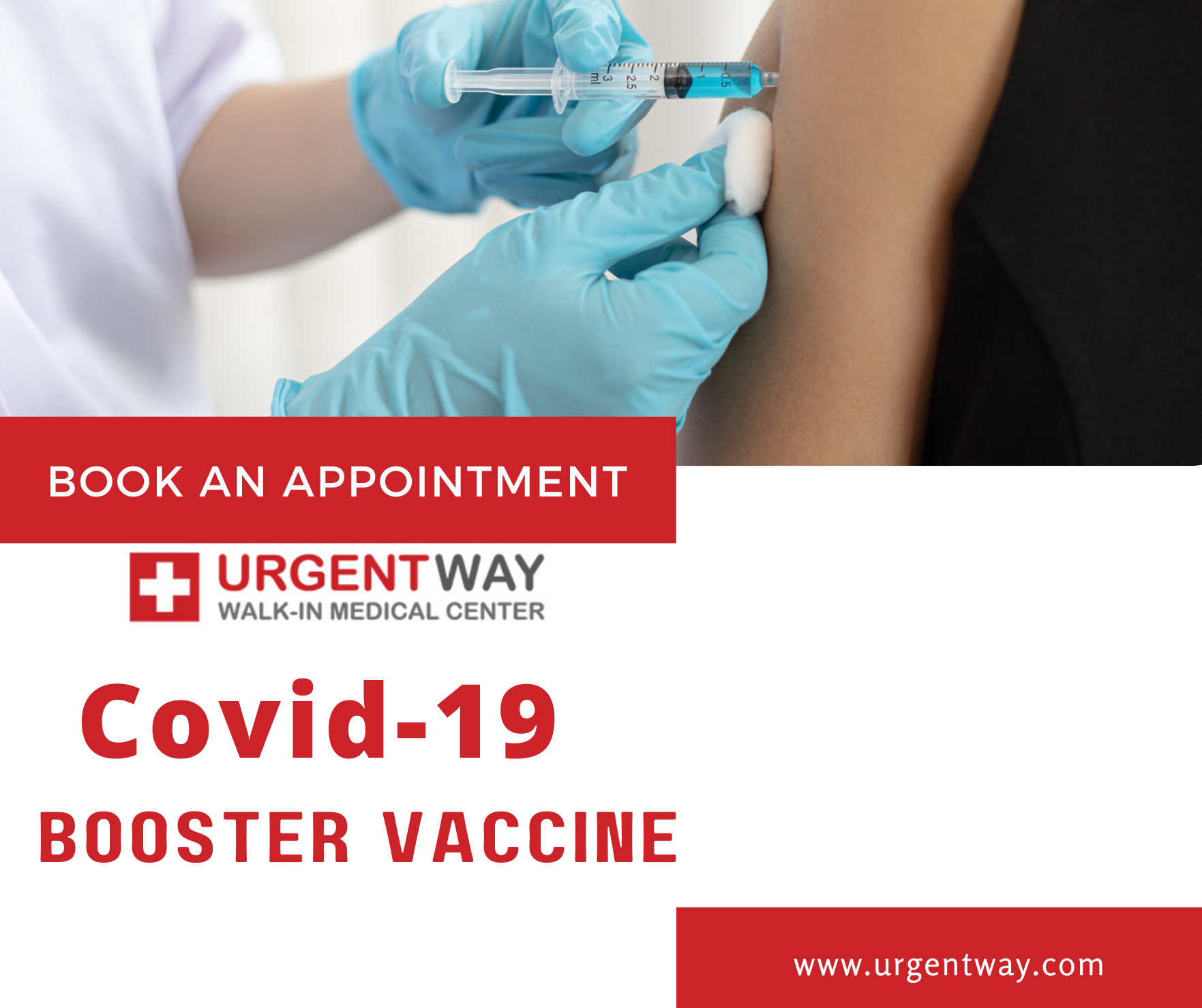Booster doses, also known as supplementary doses, are additional doses of a vaccine administered after the primary vaccination series. They serve to enhance and prolong the immune response elicited by the initial doses. Booster doses are not uncommon in the realm of vaccines; they’ve been used for years to bolster immunity against various diseases like tetanus, influenza, and hepatitis.
In the context of COVID-19, booster doses aim to address waning immunity over time, especially against emerging variants, and to maintain high levels of protection, particularly among vulnerable populations. The need for booster doses stems from several factors:
- Waning Immunity: Studies have indicated that while COVID-19 vaccines offer robust protection initially, immunity may gradually decline over time, leaving individuals more susceptible to infection and severe disease.
- Variant Concerns: With the emergence of new variants such as Delta and Omicron, there’s a growing concern about the ability of existing vaccines to provide adequate protection against these strains. Booster doses help bolster immunity and broaden the spectrum of protection against a wider range of variants.
- Vulnerable Populations: Certain groups, such as the elderly and immunocompromised individuals, may not mount as strong an immune response to the standard vaccine regimen. Booster doses help reinforce immunity in these populations, reducing their risk of severe illness and complications.
Efficacy of Booster Doses:
The efficacy of booster doses in enhancing protection against COVID-19 has been the subject of extensive research and debate. Multiple studies have provided compelling evidence supporting the effectiveness of booster doses in:
- Boosting Antibody Levels: Booster doses significantly increase antibody levels, providing a rapid and robust immune response upon re-exposure to the virus.
- Enhancing Cellular Immunity: In addition to boosting antibody responses, booster doses also stimulate cellular immunity, which plays a crucial role in fighting off the virus and preventing severe disease.
- Increasing Vaccine Effectiveness: Real-world data has demonstrated that booster doses substantially increase vaccine effectiveness in preventing both symptomatic and severe COVID-19, including hospitalization and death.

Types of COVID-19 Booster Doses:
Several COVID-19 vaccines have been authorized for use as booster doses, including:
- mRNA Vaccines (Pfizer-BioNTech and Moderna): Both the Pfizer-BioNTech and Moderna vaccines have been authorized for use as booster doses. These mRNA vaccines have demonstrated high efficacy and safety profiles as booster shots, providing an additional layer of protection against COVID-19.
- Viral Vector Vaccines (Johnson & Johnson/Janssen): The Johnson & Johnson vaccine, which utilizes a viral vector platform, has also been authorized for use as a booster dose. Like mRNA vaccines, it helps reinforce immunity and extend protection against COVID-19.
- Mix-and-Match Approach: Some countries have adopted a mix-and-match approach, allowing individuals to receive a different vaccine as a booster dose than the one they initially received for their primary series. This approach offers flexibility and may enhance immune responses through a diverse range of vaccine platforms.
Rollout and Administration:
The rollout and administration of booster doses vary by country and are influenced by factors such as vaccine availability, population demographics, and public health priorities. Key considerations for the rollout of booster doses include:
- Priority Groups: Initially, booster doses were prioritized for certain groups at higher risk of severe disease, including the elderly, healthcare workers, and immunocompromised individuals. However, many countries have expanded eligibility to include broader segments of the population.
- Interval Between Doses: The interval between the primary vaccination series and the booster dose may vary depending on the vaccine type and regulatory guidelines. For mRNA vaccines, booster doses are typically recommended 6 months after completion of the primary series.
- Accessibility and Equity: Ensuring equitable access to booster doses remains a critical priority, particularly in low- and middle-income countries where vaccine access may be limited. Efforts to expand vaccine distribution and address disparities in access are essential for achieving global control of the pandemic.
Third Doses: Addressing Gaps in Immunity
In addition to booster doses, there’s been discussion about the administration of third doses – an extra dose of the vaccine given to individuals who may not have mounted a sufficient immune response following the standard primary series. Third doses are primarily targeted towards specific populations, including:
- Immunocompromised Individuals: Individuals with weakened immune systems, such as organ transplant recipients and those undergoing cancer treatment, may not generate an adequate immune response to the standard vaccine regimen. Third doses help bridge this gap in immunity and provide additional protection against COVID-19.
- Elderly Population: Older adults, particularly those over 65 years of age, may also benefit from a third dose to augment their immune response and enhance protection against severe disease.
As we navigate the complexities of the COVID-19 pandemic, booster doses, and third doses represent critical strategies in our ongoing efforts to control the spread of the virus and mitigate its impact on public health. While booster doses bolster immunity and extend protection against emerging variants, third doses address gaps in immunity among vulnerable populations. However, ensuring equitable access to vaccines, addressing vaccine hesitancy, and continued surveillance of vaccine effectiveness is essential for maximizing the benefits of these additional doses. By staying informed and following public health guidance, we can collectively work towards overcoming the challenges posed by COVID-19 and forging a path toward a safer and healthier future.

